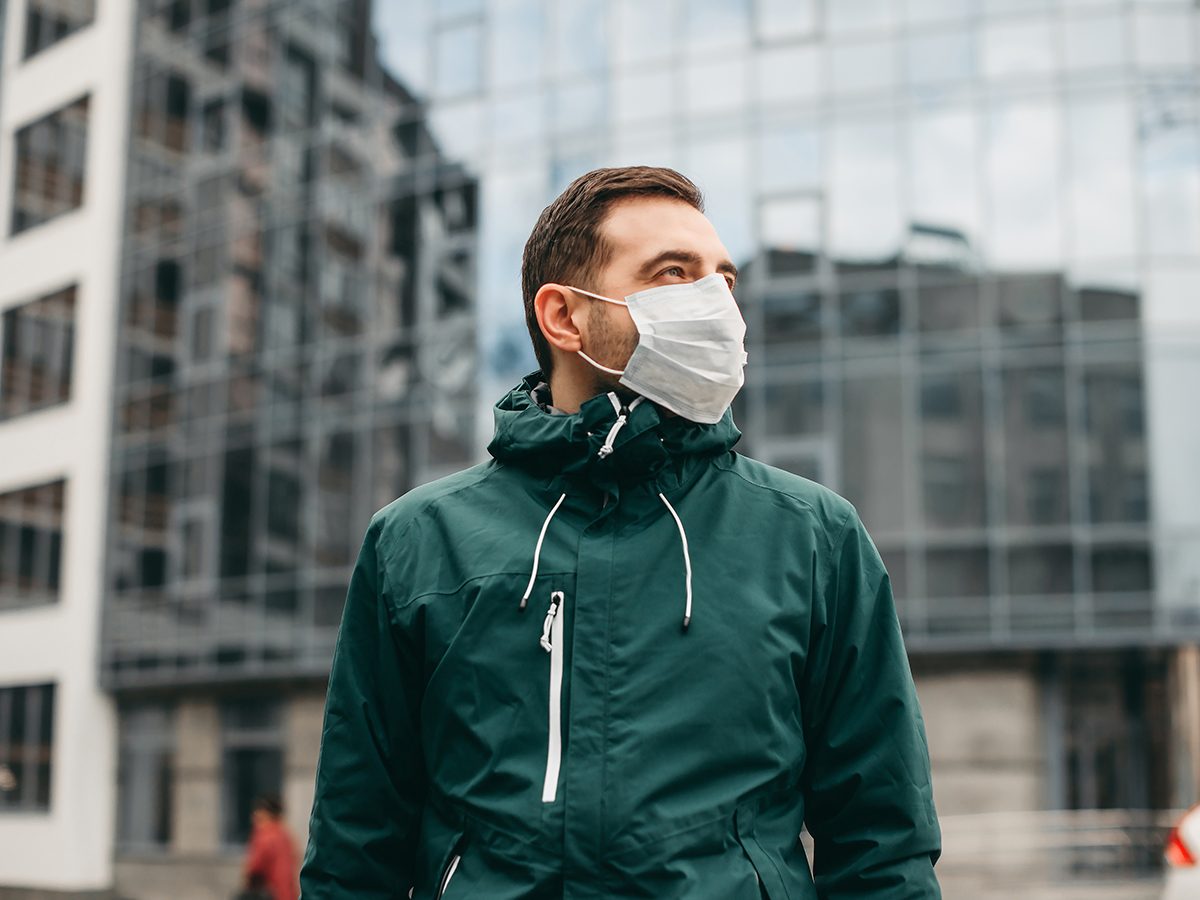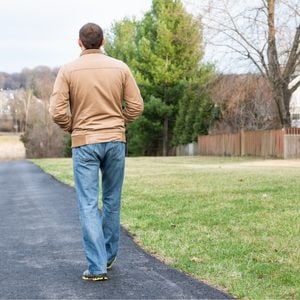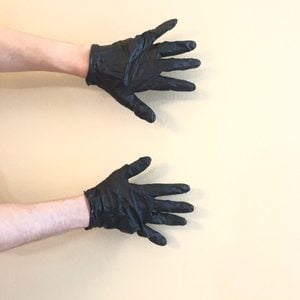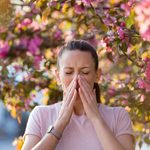Can You Catch Coronavirus From Your Clothes?
Could your own clothing carry coronavirus? Germ expert Jason Tetro weighs in on this, and more of your most pressing coronavirus questions.

Ask An Expert: Can I Catch Coronavirus From My Clothes?
Reader’s Digest Canada: When I get back from a walk or run, I know I’m supposed to wash my hands. But what about my clothes? Could they have the virus on them?
Germ expert Jason Tetro: Even before the coronavirus outbreak, I’ve recommended it’s good hygiene to have outside clothes and inside clothes. When you come home, especially if you’ve been on transit, do you really want to traipse all the stuff that you picked up outside into your home? No. But especially now, if you’re afraid the virus might be on your clothes, put them in the washing machine or set them aside and don’t touch them for a few days. If you’re using a DIY face mask, wash it with hot water that’s at least 65 C—the temperature at which the virus is killed.
When the virus gets onto any kind of surface, whether it be a fabric or a hard, non-porous surface, it will survive for a certain amount of time. Normally, in the first two hours, it will dry out and you’ll have an exponential decrease in the viral load (the number of viruses that are infective). After that, it decreases until, 72 hours later, in the majority of cases, you won’t have any virus.
Health officials have encouraged people to avoid sitting on a park benches. I’m curious, though: would that really put me at risk?
That has been debated. Dr. Vera Etches, Ottawa’s Medical Officer of Health, had said that a park bench could possibly be contaminated with the virus. And it’s true that on hard surfaces—including the metal on playground structures—the virus can just hang out there.
However, I would say it’s a good likelihood that if you’re outside, and it’s sunny, the virus is probably not going to survive. It’ll dry out, or else humidity will disrupt its lipid envelope. Also, UV light modifies the genetic material of the virus so that it’s no longer dangerous; five minutes under strong UV light and about half an hour under low UV light will kill it.
I hadn’t heard that about humidity. Should I be keeping my home humid?
Yes, in general that’s a good idea. The majority of respiratory infections, especially viruses, do better when it’s dry—not only in terms of their survival, but in terms of their ability to get inside of you. Our mucus layers act as a barrier, and if you’re all dried up, the virus has a better chance of getting into the cracks and down into your cells.
What about my dog? Can he be a carrier, or bring the virus to me on his fur?
The research so far has shown that dogs and cats cannot transmit this coronavirus to humans—so you can still have your doggie and kitty kisses and not be worried.
As for a pet bringing the virus home on their fur, in order for that to happen, an infective dose would first have to land on your dog. After that, you somehow have to put your face in that same area of the fur within half an hour—before the virus dries out—and breathe that in.
Phew, okay. And what about seeing my family—is it okay to stand in a front yard, two metres apart, and have a visit?
If you’re maintaining that safe distance, it’s fine. The thing that is concerning, though, is that you’ll likely want to be closer to that person and so you might move towards them even without meaning to. This is an absolutely normal instinct—we want to share our physical space with the people we love and that is usually less than two metres apart. For that reason, the best option is to talk to someone through a window or across some other physical barrier.
Next, we ask: should you be disinfecting groceries during COVID-19?
Jason Tetro is host of the Super Awesome Science Show podcast, and author of The Germ Files.






